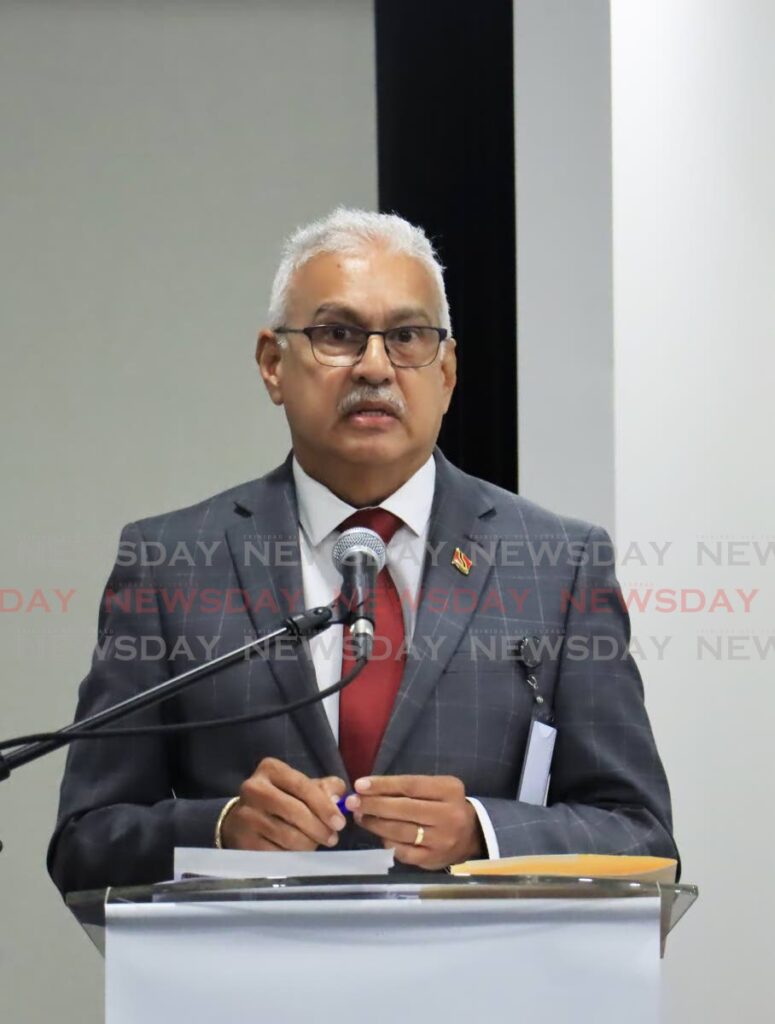Explosive dengue threat

DENGUE fever used to be a tropical disease. Not anymore. Alarm is spreading in Europe, where in France – on the eve of the Olympics – 2,800 cases were reported by authorities this month. Cases are also on the rise in the US. Warnings have been issued in the UK.
Locally, dengue has always been a feature of our landscape. But Minister of Health Terrence Deyalsingh’s confirmation of the first death in half-a-decade is a grave, troublesome sign.
The global dengue migration has been exacerbated by human behaviour, specifically greater levels of travel. However, the climate crisis, itself the product of human mishandling, is the primary driver.
Because of this, the widening of the geographic reach of the disease will be matched by outbreaks of greater intensity within countries in which dengue has already been a persistent presence.
Just as warmer summers in temperate countries have helped mosquitoes spread, more extreme weather in the regions hitherto known as “the tropics” means insect lifespans and rates of reproduction will increase; more rainfall will provide more opportunities for the formation of more mosquito habitats. Endemic and epidemic transmission cycles will coalesce.
The situation is explosive. The World Health Organisation is predicting record levels of the disease all over the world. Half of the planet’s population is at risk.
Like covid19, there is no cure. And very much like the experience of covid19, this is a global problem, requiring global, regional and local responses. We need to learn lessons from and build on the experience of the pandemic.
Mr Deyalsingh and health officials have called on citizens to inspect their yards for places where mosquitoes live. Low-dose spraying is also to be used.
Such measures are familiar. However, they are not likely to rid us of mosquitoes entirely, since breeding grounds are not limited to urban conclaves and spraying must be used minimally given concerns about chemicals and, ironically, insect immunity.
Their efficacy will also come up against the reality of the fact that while people can, theoretically, be spaced out and governed using ordinances, fines and public education campaigns, mosquitoes can literally slip through the cracks.
Given the ways in which the covid19 pandemic both enhanced and damaged the purchase of public health measures on people, the State needs to anticipate the challenges coming, including the possible return of anti-vaxx sentiment.
As noted this week by Dr Anthony Fauci, the eminent US expert who played a big role in that country’s covid19 response, “We need to be better prepared for the inevability of another pandemic. It may happen a year from now, it may happen 50 years from now.”
To that warning we add: dengue is already here. Unlike covid19, closing the borders will not stop it.

Comments
"Explosive dengue threat"